The University Bookman
Reviewing Books that Build Culture
Watch James Panero of the New Criterion discuss “The Urbanity of Russell Kirk” at the 2025 Gerald Russello Memorial Lecture.
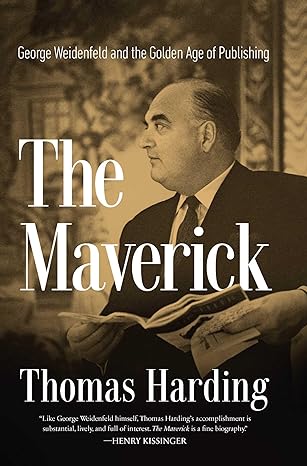
JP O’Malley Interviews Author Thomas Harding
“The numerous books that George Weidenfeld helped publish ‘transformed western culture and have stood the test of time…'”
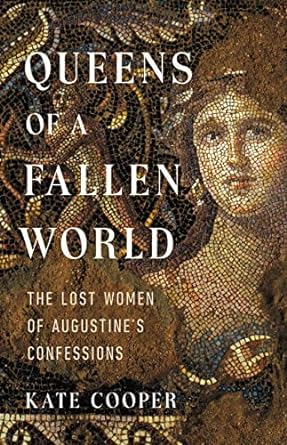
Saint Una and the Women Who Made Saint Augustine
“…Cooper’s work is part biography and part cultural history when she reflects on the four women who dance across Augustine’s heart and soul and the pages of the Confessions.”
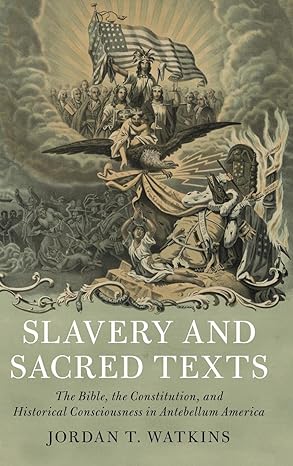
The U.S. Constitution and Slavery
“…these works by Gilhooley and Watkins might be better framed not simply as critiques of the Philadelphia Constitution or of the original intent of its framers, but as critiques of the American experiment with popular constitutionalism itself.”
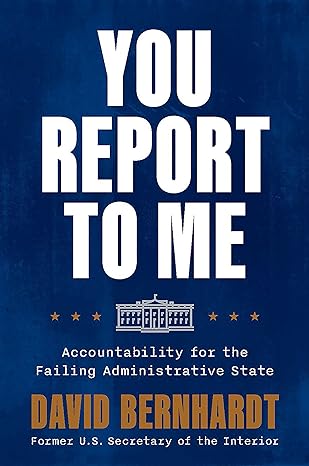
Draining the Swamp
“What can be easily detected in these pages is Bernhardt’s skepticism, doubts, and concerns about the role of experts and expertise within the administrative state.”
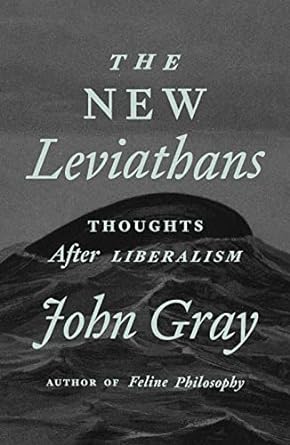
After Liberalism…Faith?
“[Gray’s] newest book highlights the nature of the work right in the sub-title: ‘Thoughts after Liberalism.’ This is not an argument that liberalism has failed… or a program for what should come after liberalism… or a philosophical critique of liberalism… Instead, it is as though the reader has been invited to eavesdrop on Gray’s inner dialogues as he mulls over a post-liberal world.”
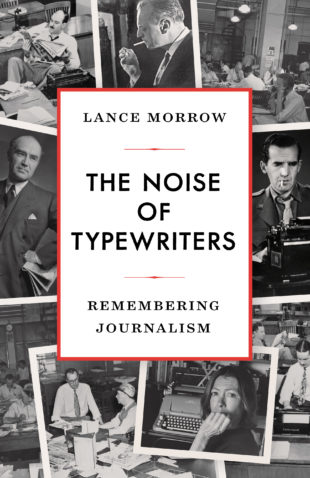
The Romance of Journalism in the American Century
“The book is not a comprehensive history of twentieth century journalism, nor is it trying to be… Its primary goal is to show that journalism is a thing of great import and beauty.”
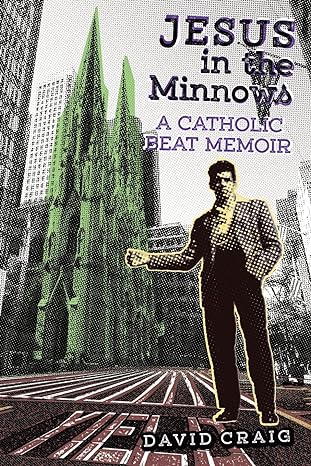
A Wild Ride Characterized by Potholes
“Jesus in the Minnows places a firm coda on the Catholic beat phenomenon: firmly ensconcing what was good within it, while also reflectively revealing the unattractiveness of the hedonism from which the Lord led its members.”
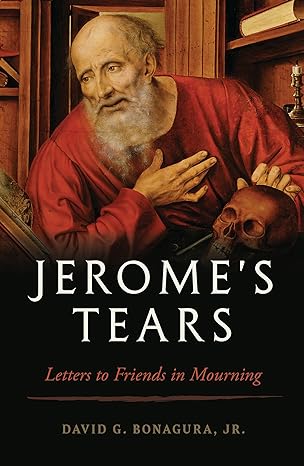
For They Shall Be Comforted
“…St. Jerome[‘s]… heartfelt prose provides warm words of consolation and confident hope to friends mourning the loss of loved ones. Now, for the first time… seven of [his] celebrated letters have been translated into English…”
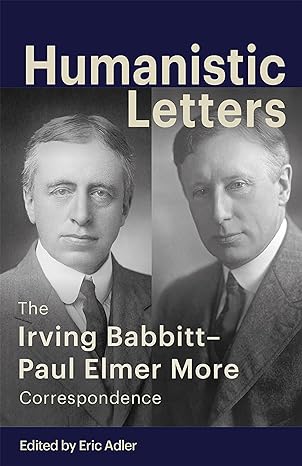
We Few, We Happy Few
“For a humanistic revival to have a chance in the present, those attracted to the ideas of Babbitt and More need to forge friendships, foster communities, and coordinate efforts to bring these ideas to bear on the culture.”
The Book Gallery
A collection of conversations with Bookman editor Luke C. Sheahan and writers and authors of imagination and erudition. Click on the icon in the upper right corner of the video to see more episodes in this series or check out our YouTube page.
